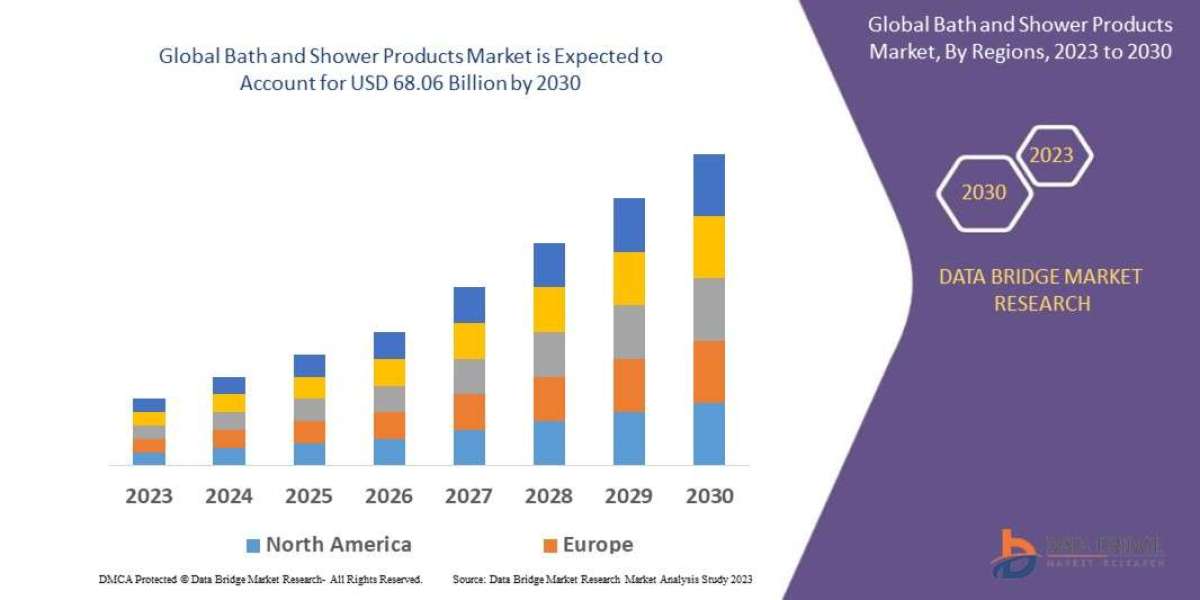In recent years, telehealth has transformed how mental health services are delivered across the country, and Georgia mental health care is no exception. Telehealth offers new hope to individuals facing barriers such as limited provider availability, transportation challenges, and stigma.
What Is Telehealth in Mental Health Care?
Telehealth, sometimes called telepsychiatry or teletherapy, involves using digital communication tools like video calls, phone calls, or apps to connect patients with mental health professionals remotely. It allows individuals to receive counseling, therapy, psychiatric evaluations, and medication management without traveling to a clinic or hospital.
Telehealth has become especially important in Georgia due to its mix of densely populated urban areas and vast rural regions where traditional access to mental health services may be limited.
Why Telehealth Matters for Georgia Mental Health
Georgia is home to millions of residents spread across cities, suburbs, and rural communities. Unfortunately, rural parts of the state often face significant mental health care shortages. Many counties have fewer than one mental health provider per 10,000 residents. This shortage makes timely care difficult to access.
Telehealth bridges this gap by connecting Georgians from all corners of the state to licensed mental health professionals via secure, HIPAA-compliant platforms. This technology has several important benefits:
Improved Access: Patients can receive care from home, reducing travel time and costs.
Convenience and Comfort: Sessions can be scheduled around work, school, or family obligations, and many find telehealth less intimidating than in-person visits.
Continuity of Care: Telehealth allows ongoing support during emergencies or when in-person visits are not possible.
Expanded Provider Options: Patients can access specialists outside their immediate geographic area.
Reduced Stigma: Receiving care privately at home can reduce fears about being judged.
Common Mental Health Services Delivered via Telehealth in Georgia
Telehealth is versatile and can be used for a wide range of mental health services, including:
Therapy and Counseling: Individual, family, and group therapy sessions via video or phone.
Psychiatric Evaluations: Initial and follow-up consultations with psychiatrists.
Medication Management: Prescribing and monitoring psychiatric medications.
Crisis Intervention: Immediate support via crisis hotlines or virtual emergency appointments.
Support Groups: Peer-led virtual groups for conditions such as anxiety, depression, and substance use.
Who Can Benefit from Telehealth for Georgia Mental Health?
Telehealth is suitable for many individuals, including:
Residents of rural or underserved areas with limited in-person services
People with mobility or transportation challenges
Busy professionals and parents juggling schedules
Those who prefer privacy or feel anxious about visiting clinics
Individuals managing chronic mental health conditions needing ongoing care
Challenges and Considerations for Telehealth in Georgia Mental Health Care
Despite its promise, telehealth adoption in Georgia faces several hurdles:
Technology and Internet Access
Reliable internet service and access to devices like smartphones, tablets, or computers are essential. Some rural or low-income populations may lack these resources, limiting telehealth's reach.
Licensing and Regulations
Mental health providers must be licensed in Georgia to deliver care. Navigating multi-state licensure for telehealth remains complex but is gradually improving.
Insurance Coverage and Costs
While Medicaid and many private insurers cover telehealth, some plans may have restrictions or higher copays. Clear policies help increase affordability.
Privacy and Security Concerns
Ensuring patient data protection and HIPAA compliance is critical. Providers must use secure platforms and educate patients about privacy.
Suitability for Severe Cases
Telehealth may not replace in-person care for acute psychiatric emergencies or individuals requiring hospitalization.
How to Access Telehealth Mental Health Services in Georgia
Finding telehealth providers in Georgia is easier than ever. Here are some tips:
Check with your insurance company for telehealth-covered mental health providers.
Use online directories that specify teletherapy availability.
Contact local community mental health centers offering virtual services.
Ask your primary care provider for telehealth mental health referrals.
Explore nonprofit organizations that provide teletherapy at low or no cost.
Impact of Telehealth on Georgia’s Mental Health Landscape
Since expanding telehealth services, many Georgians have experienced improved mental health outcomes through timely and consistent care. Telehealth has:
Increased engagement in therapy among previously unreachable patients
Reduced appointment no-shows and cancellations
Facilitated quicker crisis intervention and follow-up
Helped break down stigma by offering private access to care
The Future of Telehealth in Georgia Mental Health Care
Telehealth is expected to remain a core part of Georgia mental health care long-term. Continued investment in broadband infrastructure, provider training, and policy updates will enhance its effectiveness. Integrating telehealth with traditional in-person care models can offer the best of both worlds.
Frequently Asked Questions
Q: Is telehealth mental health care covered by insurance in Georgia?
A: Many insurance plans, including Medicaid, cover telehealth mental health services. Coverage can vary, so check with your insurer.
Q: Can I receive medication management through telehealth in Georgia?
A: Yes, psychiatrists can evaluate and prescribe medications through telehealth, with appropriate follow-ups.
Q: Is telehealth private and secure?
A: Licensed providers use HIPAA-compliant platforms to protect privacy. Patients should ensure they are in a private space during sessions.
Q: Can children and teens use telehealth for mental health care?
A: Yes, many providers offer teletherapy tailored for youth, with parental consent as required.
Q: What if I don’t have internet access?
A: Some areas offer telehealth via phone calls or provide access points at community centers. Exploring local resources may help.
Conclusion
Telehealth has revolutionized how Georgians access mental health care by removing many traditional barriers. It provides convenient, effective, and confidential support to people across the state, especially those in rural and underserved areas. As technology and policies continue to improve, telehealth will play an even greater role in advancing Georgia mental health outcomes.
If you or a loved one are considering telehealth mental health services, consult your healthcare provider or insurance plan to explore available options and get started on the path to better well-being.


